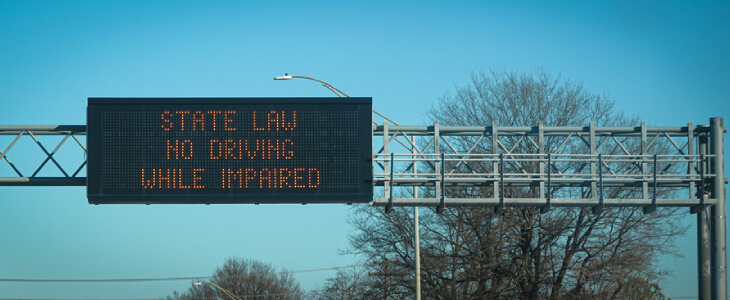Last Updated: November 19, 2024
DWI (Driving While Intoxicated) or DUI (Driving Under the Influence) charges in New York are a serious matter. Many people make assumptions about what happens next, and these misconceptions can lead to costly mistakes. Let’s debunk the top three myths to give you a better understanding of what to expect and how to protect yourself.
1. “I Can Refuse a Breathalyzer Without Consequences”
One of the biggest misconceptions is that you can refuse a breathalyzer test without legal consequences. While you have the right to refuse, New York has implied consent laws. This means that by driving, you’ve already agreed to take a chemical test if an officer suspects you’re under the influence.
Here’s what can happen if you refuse:
- Automatic License Suspension: Your license can be suspended for at least one year, even if you are not convicted of a DWI.
- Hefty Fines: You could face fines of up to $500 for refusing the test.
- Evidence of guilt: Your refusal can be used as evidence in court to suggest that you knew you were intoxicated.
So, while refusing the test seems like a way to avoid trouble, it can lead to immediate and severe consequences.
2. “I Can’t Be Convicted If My BAC Is Under the Legal Limit
Another common myth is that as long as your blood alcohol concentration (BAC) is below 0.08%, you can’t be convicted of a DWI. While 0.08% is the legal limit in New York, you can still face charges if your BAC is lower, depending on your behavior and the circumstances.
Here’s how you can still be charged:
- DWAI (Driving While Ability Impaired): If your BAC is between 0.05% and 0.07%, you could be charged with a DWAI. This charge is less severe than a DWI but still carries penalties, including fines, potential jail time, and a driver’s license suspension.
- Field Sobriety Tests: Even if your BAC is under the legal limit, failing a field sobriety test could be used as evidence that you were impaired while driving.
- Drug-Related Impairment: If an officer suspects you are under the influence of drugs (legal or illegal), you could still face charges, regardless of your BAC.
So, while a BAC below 0.08% may reduce the severity of the charge, it doesn’t mean you’re in the clear. The police look at the entire situation, including your behavior, field sobriety test results, and any other evidence they gather.
3. “I Don’t Need a Lawyer; It’s Just a Minor Offense”
Some people believe that a DWI or DUI charge is a minor issue they can handle on their own. This misconception can be a costly mistake. Even a first-time offense carries severe penalties that can affect your life long-term, including fines, license suspension, and jail time. An experienced attorney can help you understand your options and guide you.
A DUI attorney knows how to challenge the validity of evidence, such as questioning the accuracy of a breathalyzer test or the legitimacy of the traffic stop, which could help reduce or dismiss your charges. Finally, a lawyer can reduce the charge’s impact, such as negotiating a plea deal or an alternative sentencing program that may allow you to keep your license or avoid jail time.
In short, thinking of a DWI as a minor offense can lead to significant consequences that could affect your job, finances, and future opportunities. Seeking legal representation is crucial to ensuring you have the best possible defense.
Talk To An Experienced DWI Attorney Today
There are many misconceptions surrounding DWI arrests in New York. Refusing a breathalyzer doesn’t mean you escape penalties, and thinking it’s a minor offense can lead to severe consequences. The best way to protect yourself is to work with an experienced DUI attorney who can protect your rights and minimize the impact on your life.
Michael A. Arbeit, P.C. assists clients throughout Long Island, including Nassau County, Suffolk County, Garden City, Freeport, and New York, including Queens, Brooklyn, Manhattan, Staten Island, and The Bronx.

